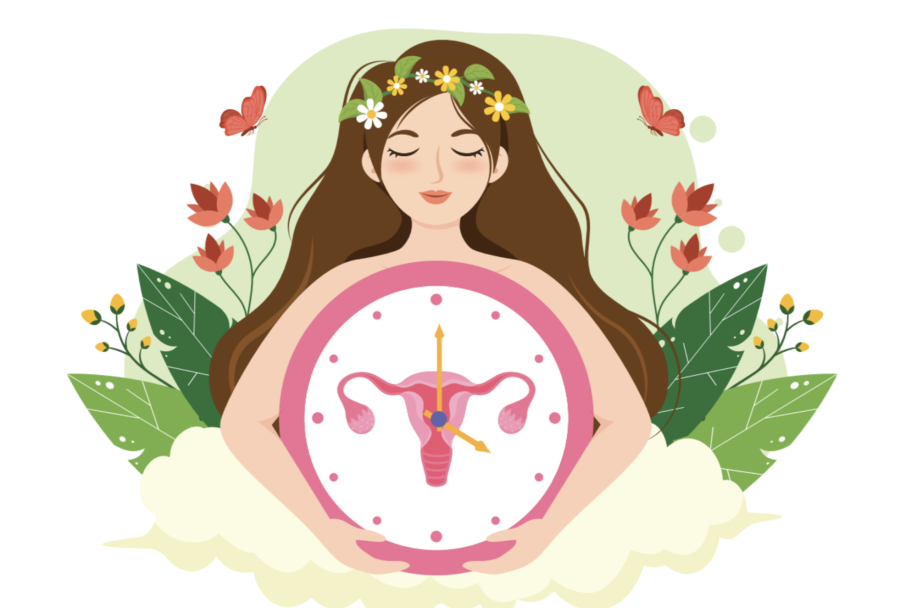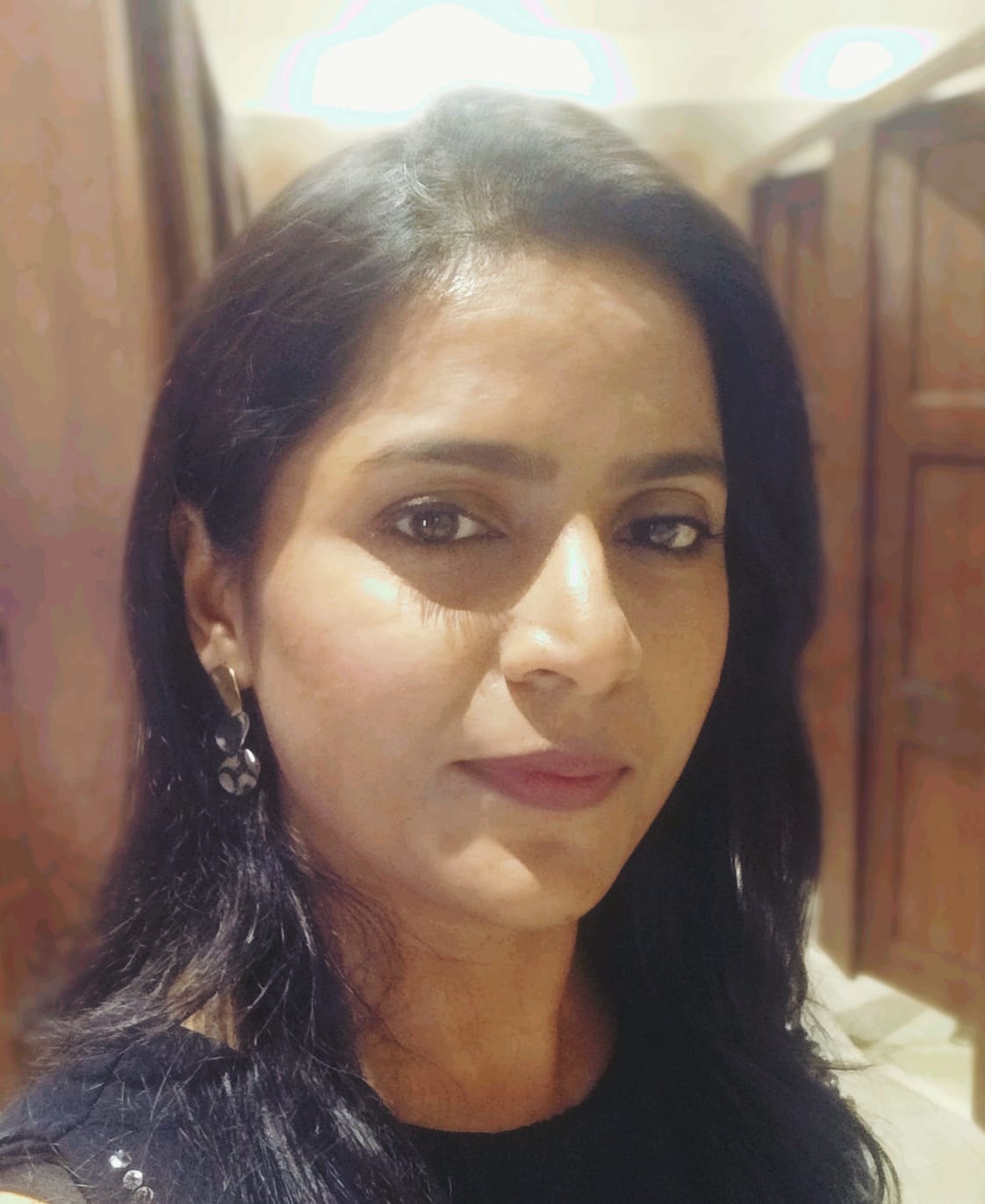Culture & Lifestyle
My menstrual odyssey
As I manage the subtleties and shifting rhythms of my altering menstrual cycle, the need for perimenopause early detection, intervention, and proactive self-care has become clear.
Preeti Mittal
A woman’s menstrual cycle is a fascinating tale of her resilience, growth, vulnerability, and self-awareness, from her untainted curiosity as a teenager to the seasoned wisdom of adulthood.
Upon reflecting on my path from menarche to the brink of perimenopause at the age of forty, I recognise how important it is to discuss these experiences openly and truthfully, dispel myths, and navigate the transition with empathy and grace.
I distinctly remember my first period at the tender age of 13. It arrived unannounced, like an unanticipated visitor knocking on my adolescent door. I was surprised when I discovered the red stain on my clothes.
Fear immediately gripped me, accompanied by a flood of emotions. In my innocence, I carried unjustified fears of mortality and ostracism, believing that menstruation was a horrible secret to be hidden at all costs.
Despite growing up with two sisters, my family kept the topic of menstruation a secret. Unable to tell my mother right away, I spent the entire day grappling with my fears before confiding in my younger sister, who generously broke the news to my mother.
Finally, I received comfort and much-needed clarity about my body’s natural processes. Still, I am left with regret, wishing I had learned this sooner. It would have saved me from the dreadful torment of my solitary and confusing ordeal throughout the day.
In retrospect, I understand the importance of breaking the silence and seeking help, laying the context for future discussions about reproductive health and gender.
Over the years, menstruation, which seemed mysterious and daunting, has become a familiar yet uncomfortable part of my life.
I learned to endure the monthly changes in flow, pain, mood, and energy, manage my menstrual cycle with ease, and navigate the societal taboos and restrictions that come with it.
I have not only accepted but also challenged the status quo while remaining unaware of what lay ahead. Menopause was a distant concept to me, something that seemed inconsequential in the present moment.
Little did I know that there was another phase of transition prowling on the horizon—perimenopause.
Fast-forward to the present. At the age of forty, I am observing my body’s natural rhythms ebbing and flowing, with gradual symptoms of changes in the texture of my skin and hair, hot flashes, anxiety, mood swings, and palpitations.
I dismissed these changes as normal fluctuations, attaching them to stress or other external factors.
However, as the symptoms persisted and intensified, I realised that something more profound was at play, all of which prompted me to consider, investigate, and learn more, and it was during this time of uncertainty that I first encountered the term ‘perimenopause.’
I experienced a powerful hot flash one chilly winter’s night. I ignored it as a momentary abnormality, not able to understand what was happening to my body.
However, when the same incidents continued days later, I realised I could no longer ignore them. Determined to solve the puzzle, I began searching for solutions to the confusing symptoms I was experiencing.
When I confided in a buddy about my experience, I encountered doubt. She protested, “You're too young for perimenopause.”
However, I pointed out the harsh reality that young girls can start menstruating as early as age 8 or 10. If early menarche is happening and accepted, why should the onset of perimenopause at age 40 be dismissed?
This conversation highlighted the evident lack of understanding and awareness surrounding menopause. It made me realise how important it is for us to educate ourselves about the changes our bodies are undergoing.
I’ve accepted that hormonal changes will soon affect my body, which will have a mild but discernible impact on my day-to-day functioning.
My once-reliable 28-day cycle has now shrunk to 26 days, a sobering reminder of both the transience of youth and the inevitable nature of change.
The onset of perimenopause has signalled a new chapter in my life, marked by physiological and emotional changes that demand my attention and comprehension.
As I manage the subtleties and shifting rhythms of my altering menstrual cycle, the need for early detection, intervention, and proactive self-care has become clear to me.
I've gone on a quest for knowledge to understand the changes unfolding within me while continuing to thrive in my personal and professional life.
With so much information readily available online, sorting through the maze of menopausal discourse has been a daunting task, leaving me anxious, confused, and uncertain.
While I struggle with the uncertainty of these changes, I realise how crucial it is to deconstruct the menopausal experience and embrace open conversation, education, and a support system.
Throughout my career in the development sector, I have worked on issues of Menstrual health and hygiene (MHH), and in every instance, I have found conversations about whether the young girl knows about menstruation, menarche, PMS, how and where she knows about menstruation, her period cycle, etc.
While much attention has been rightfully given to addressing MHH issues and educating adolescent girls about menstruation, advocating on the importance of WASH facilities to manage menstruation, awareness of taboos and misconceptions, and encouraging school attendance during periods, seldom do we inquire or talk about women’s understanding of menopause and her changing biological needs.
On May 28, we commemorate World Menstrual Hygiene Day, a global campaign to promote awareness about menstrual health and hygiene and break down taboos surrounding menstruation.
But the conversation, including the entirety of the female reproductive journey, acknowledging and supporting women at every stage of life, including the often overlooked transition into menopause and menstrual needs while navigating the complications of each menstrual phase, must also be recognised.
Sharing our menstruation stories and experiences can spark discourse and communication, breaking down barriers and addressing cultural norms that perpetuate stigma and misinformation.
It is time to advocate for inclusive menstrual health efforts that help women at every step of their journey. My path from menarche to perimenopause has allowed me to demonstrate my fortitude, female spirit, and the transformational power of self-awareness.
By sharing and accepting our stories and the full range of our reproductive experiences, we can pave the path for future generations to traverse their journeys with courage, grace and pride.




 9.89°C Kathmandu
9.89°C Kathmandu

.jpg&w=200&height=120)













